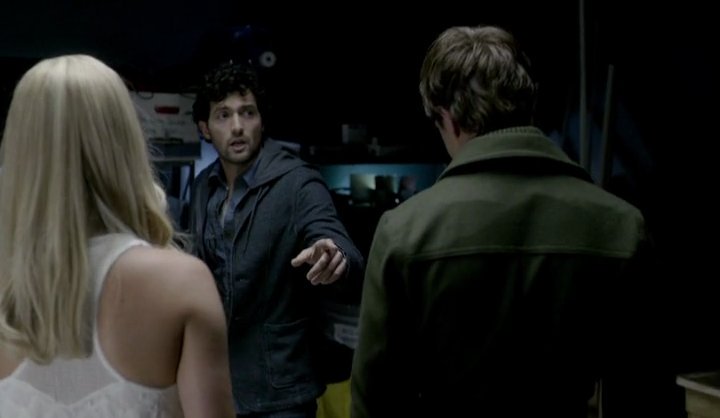But I honestly find it nuts that so many people in the serious reaches of academia and the thoughtful left are simply dismissing Sokal Squared.
Here’s my response to the main criticisms.
(Thread.)
1) The journals they pranked aren’t serious
2) No control group
3) Other academic fields are also bad
4) It’s unethical to make people do work under false pretenses
5) They are tools of the right in the culture war
I’ll take these in order.
2/n
3/n
4/n
5/n
First, one of the papers they published was in The Journal of Poetry Therapy. This does not appear to be a serious publication. So let’s say that the authors successfully hoaxed six rather than seven real journals.
6/n
It also kind of helps to make their point though: Not all of academia is rotten. Some fields are!
7/n
To make a *comparative* claim, you need a control group. So this “experiment” doesn’t show that gender studies has a bigger problem than psychology.
But the most important claim here is not comparative.
8/n
They showed this for fields of study they looked at. They didn’t for fields they didn’t look at.
Simples.
9/n
So perhaps there’s some prima facie evidence to think that some fields are better than others at detecting bullshit?
10/n
Yes, psychology faces a replication crisis. Yes, bad economics papers did huge damage in setting the world on a path to austerity.
So what’s the plan here? We all decide to ignore our own flaws because others have flaws, too?
11/n
But I believe that it is justified—and so, to judge by their other commitments, do most of the serious academics who have suddenly strategically decided to be outraged by this.
12/n
Do we seriously want to stop these studies? That would be lunacy, in my mind.
13/n
14/n
First off, they’re not. Check out Areo Magazine, edited by @HPluckrose. I’m sure you’ll disagree with lots of it. But it sure ain’t alt-right.
15/n
areomagazine.com
Is that a reason to dismiss a serious critique though?
No.
16/n
17/n
18/n
19/n
Because how is it not a problem that there is “quite a lot of highly political, not-well-argued, empirically under-supported work even in leading journals?”
The end.
20/20













